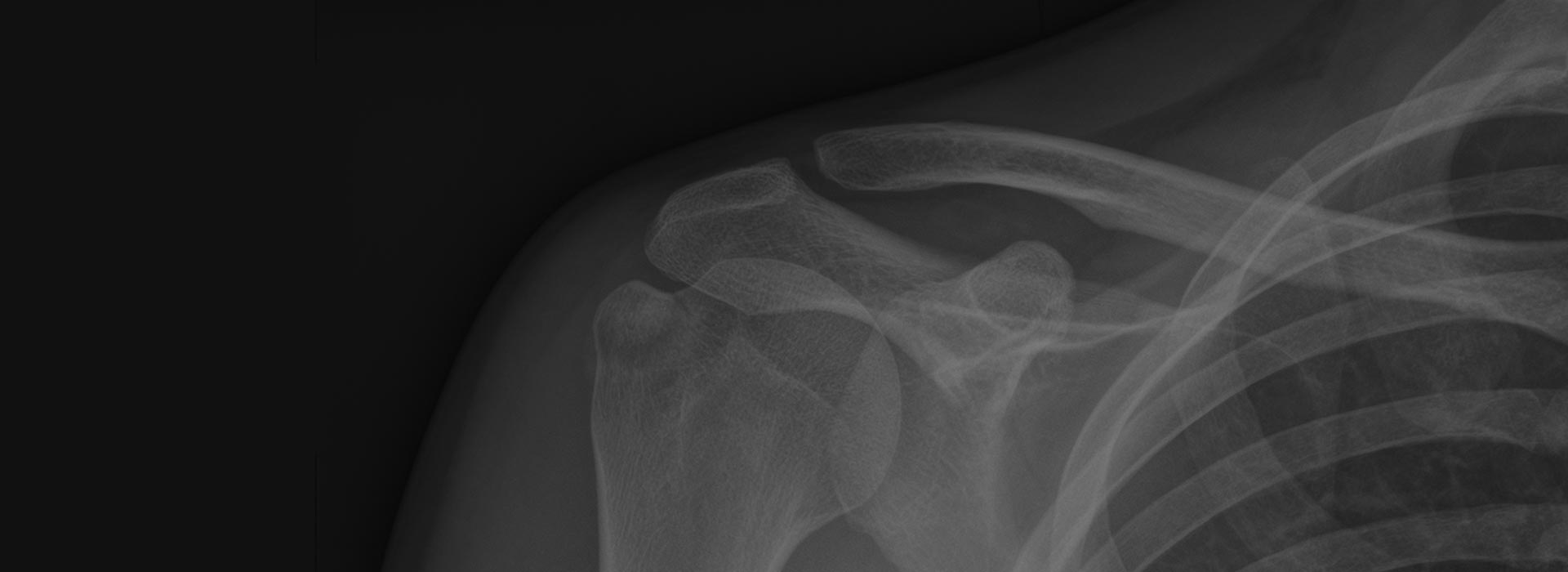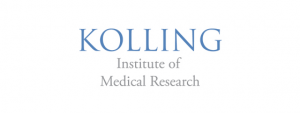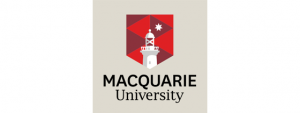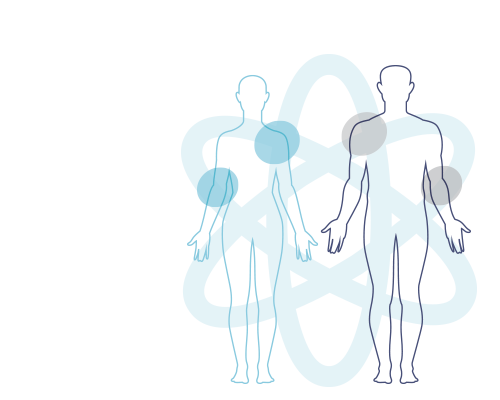We do. Our surgeons are hands on. They consent, examine and interview patients, undertake tests in biomechanical and cadaver labs and do their own statistical analysis. Of course that said, when research calls for tests for which our surgeons are not qualified they will seek assistance from the appropriate professionals. For example, pathology testing is entrusted to laboratories such as PaLMS and Douglas Hanly Moir. Aside from pathologists our surgeons also consult with other experts such as radiologists, biomechanical engineers, microbiologists, physiotherapists and sports physicians. Also lending a hand are our SSRI Fellows, and if the project is the idea of a Fellow then they will take leading role. All projects are coordinated and supported by Jasmin Gwynne, the manager of SSRI. Jasmin is on hand through all stages of research from literature searches and reviews, preparation and submission of ethical and governance applications, recruitment, data collection, management, publication and presentation of results.

IAQ’s – Research
- Sydney Shoulder Research InstituteWho actually does the research at SSRI?
What sort of tests do orthopaedic surgeons give patients for research?
Tests are many and varied, depending on the research question or focus.
Commonly used are tests of function which means examining a patient and testing the strength of their shoulder or elbow and range of motion (how far they can move their arm in various directions).
We often send patients to a radiology practice for an MRI or a CT to check their shoulder or elbow before and after surgery – before to check the extent of problems and after to check integrity of repairs and healing. Paper and pencil tests are also commonly used.
Basically “tick and flick”, “yes / no” or “rate on a scale from 1 to 10”, these tests ask patients about what they can and can’t with their shoulder or elbow and how this restricts their life.
Our general areas of interest include function, pain, impact on sleep and ability to undertake work, sport and/or recreational activities. At other times, such as with our P Acnes studies, we test (via a pathology laboratory) tissue samples or swabs from instruments for bacteria.
Do SSRI surgeons collaborate with other doctors or allied specialists for their research?
Yes, it all depends on the study who is involved but we enjoy research partnerships with radiologists, pathologists, biomechanical engineers, microbiologists, physiotherapists, sports physicians and orthopaedic surgeons from other practices.
Where do I find the results of research done at SSRI?
Results from some of our research can be found on this website as well as in the proceedings of orthopaedic conferences (presentations or posters) and in articles published in peer-reviewed journals.
For more information please refer to our COMPLETED RESEARCH and SSRI Published Where pages.
Can I download copies of your articles from this website?
Unfortunately due to licencing and publishing restrictions we are not able to make available full text versions of articles authored by SSRI surgeons on this website. Should you have university or other major library access, depending on your borrowing rights you may be able to view or download our articles through an online database such as PubMed.
Can I request a copy of an article one of your surgeons has written?
Yes, you can submit your requests by emailing us at ssri@sydneyshoulder.com.au.
Is all the research done at SSRI only done in Australia?
Generally speaking, yes. From time to time we may collaborate with an equivalent organisation overseas but it all depends on what the study entails. That said, we like to keep an eye on developments in the field around the world and regularly look to Europe, the Americas, and Asia Pacific region to see what our colleagues are doing and if we can work together in some way.
What orthopaedic conferences are there and does SSRI participate?
Our surgeons are frequently in demand as speakers at orthopaedic conferences both locally and nationally.
Our Fellows also regularly participate in these meetings usually towards the end of their Fellowship so they can present the results of research they have undertaken at SSRI.
Some of the key Australian meetings are held by The Australian Orthopaedic Association (AOA). Each year the AOA holds an annual national Conference and annual (or in some cases, bi-annual state or territory chapter Meeting.
Even closer to home, each year at Royal North Shore Hospital, a Shoulder Symposium is co-ordinated by Dr Cass and Prof Sonnabend. Here too, results of SSRI research is presented and discussed.
Internationally, there are several key orthopaedic conferences and meetings held annually. The major European orthopaedic meeting each year is SECEC hosted by the European Society for Surgery of the Shoulder and Elbow. In the USA the major orthopaedic meeting is hosted by the American Academy of Orthopaedic Surgery (AAOS). Canada, South Africa and countries closer to home within the Asia Pacific region also host important orthopaedic meetings, information for which is available from the AOA
Are there laboratory facilities available at SSRI?
 Less than 5 mins walk from SSRI is the Kolling Institute of Medical Research set within the grounds of Royal North Shore Hospital and part of the University of Sydney. Within The Kolling are several laboratories including those specifically devoted to biomechanics and soft tissue studies. Fellows are granted access to these facilities.
Less than 5 mins walk from SSRI is the Kolling Institute of Medical Research set within the grounds of Royal North Shore Hospital and part of the University of Sydney. Within The Kolling are several laboratories including those specifically devoted to biomechanics and soft tissue studies. Fellows are granted access to these facilities.
 Our surgeons also regularly collaborate with orthopaedic colleagues at Macquarie University. Their Australian School of Advanced Medicine and associated laboratory facilities are about 20 mins by train or car.
Our surgeons also regularly collaborate with orthopaedic colleagues at Macquarie University. Their Australian School of Advanced Medicine and associated laboratory facilities are about 20 mins by train or car.
I’m a surgeon (or allied health) with an idea for research and would like to discuss it with SSRI, how do I do that?
Email us at ssri@sydneyshoulder.com.au with an outline of your proposed study, a research biography and CV and we will be in touch.
I’ve often heard sport and orthopaedic surgery mentioned together in the news, has SSRI done much research on athletes?
Not to date, however while Dr Young was in France a few years ago he studied the shoulders of contact athletes with Dr Gilles Walch and Dr Jean-Christian Balestro (who was an SSRI fellow in 2013).
This research focused on the Latarjet-Patte procedure for shoulder instability, a technique which has been shown to have few complications and allows early return to contact sports without recurrence of injuries. We may look to undertake similar studies in the future in Australia.

RESEARCH
SSRI is dedicated to undertaking research that will translate into real patient outcomes and innovations in the field of orthopaedic surgery. We focus on only a select number of projects at any given time to maximise the quality of our research.
IAQs
SSRI
Did we know the abbreviated title for SSRI means something else?
Yes, we did.
“SSRI” also stands for “Selective Serotonin Reuptake Inhibitor” which is a commonly prescribed antidepressant. Apart from being easier to say when referring to ourselves in conversations, the fact that the name “SSRI” is linked to positive patient outcomes is a bonus.
Is there a story behind the logo?
The logos for Sydney Shoulder Specialists and Sydney Shoulder Research Institute are very similar but with the colours swapped around i.e. Sydney Shoulder Specialists’ logo features a dark blue figure against a silver background with a light blue “halo” while Sydney Shoulder Research Institute’s logo features a silver figure against a light blue background with a dark blue “halo.” This aligns the two organisations but allows them to retain individuality.
